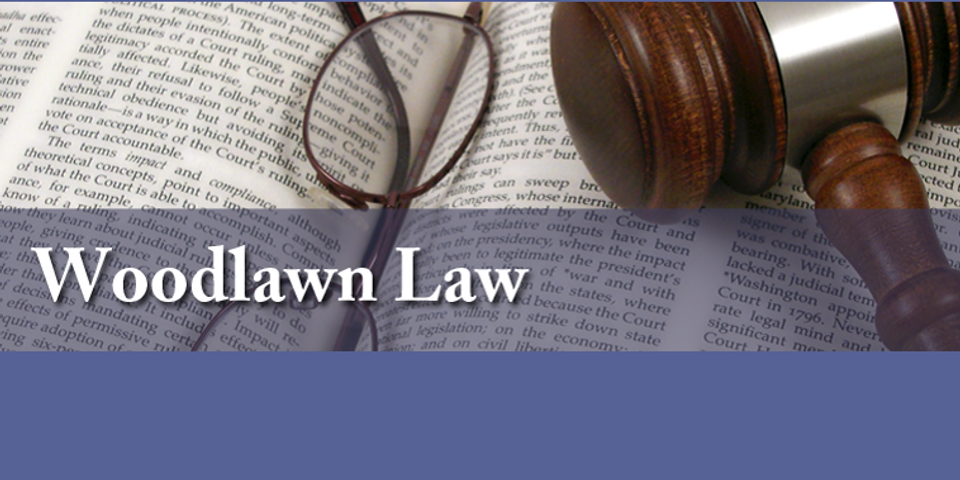
Many people postpone estate planning because they think it is too complicated, too expensive, or not necessary for their family. However, estate planning does not have to be difficult, and the average person can and should have an estate plan that is easily understandable and doesn’t break the bank.
Myth: Estate planning is only about money.
Although money can be the motivation behind creating a will or trust, estate planning affects families far beyond the handling of finances. Estate plans make things easier for loved ones during a time of loss and grief. A well-thought-out plan allows you to express your wishes and values even after your passing, helps your heirs avoid a lengthy and expensive probate process, and reassures siblings that they are doing what Mom or Dad would have wanted. Estate planning is about more than money—it’s about family, legacy, and love.
Myth: Estate planning is expensive and time-consuming.
In fact, exactly the opposite is true. Despite the initial expense of engaging an attorney to draft documents, good estate planning saves both money and time in the long term. Without an estate plan, your heirs will be left to endure probate, which is lengthy and entails attorney fees throughout the process.
Myth: Estate planning is only for rich people.
Possibly the most common estate planning myth is that the typical family does not have an “estate.” In fact, an estate refers to things you own, such as a home, a car, or a bank account. Establishing an estate plan not only provides direction, but offers guidance for loved ones during a difficult time. An estate plan ensures that
- Your finances are managed if they become incapacitated
- Decisions regarding health care will be carried out as intended
- Children and other heirs will be cared for
Myth: Estate planning is important, but not urgent.
An estate plan is important for people of all ages. A thorough estate plan includes documents to address healthcare needs in case you become incapacitated, it allows financial obligations to be addressed if you are unable to do so in case of disability—short- or long-term. Most important, these documents express your wishes as to who should care for your children if you are unable to. It might not feel urgent, but an estate plan is an invaluable gift to your family.
Now is the best time to organize your estate and prepare the proper estate planning documents that will fit your needs and budget. Contact attorney David Schmidt at the Woodlawn Law Center, 636-240-6667, to schedule your appointment today.
About the Business
Have a question? Ask the experts!
Send your question

